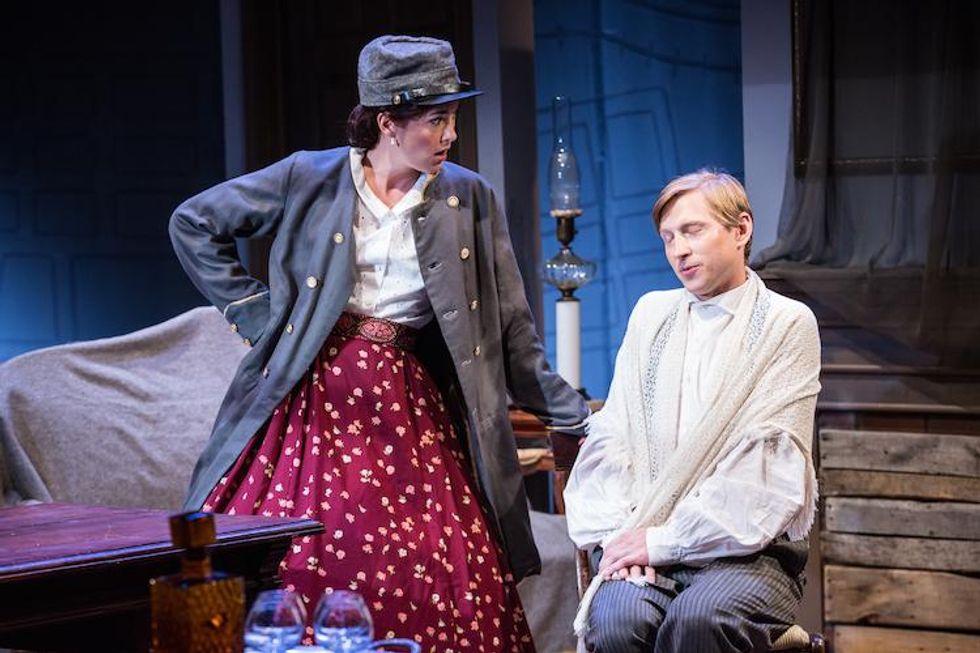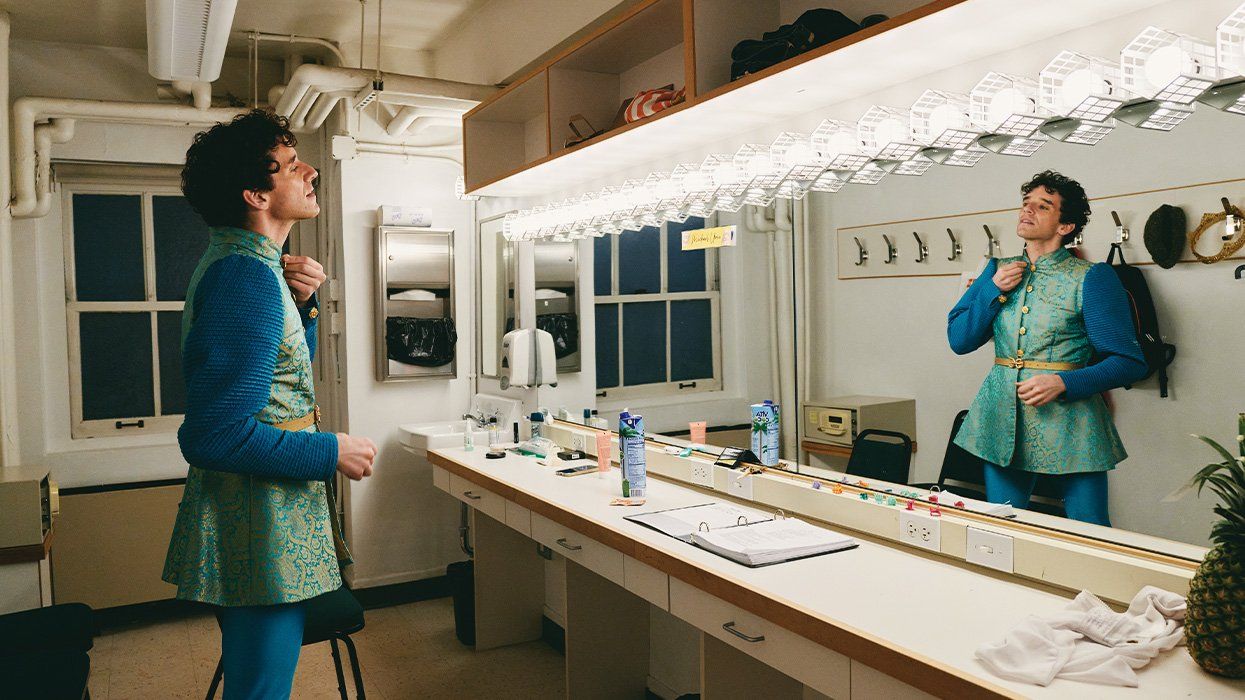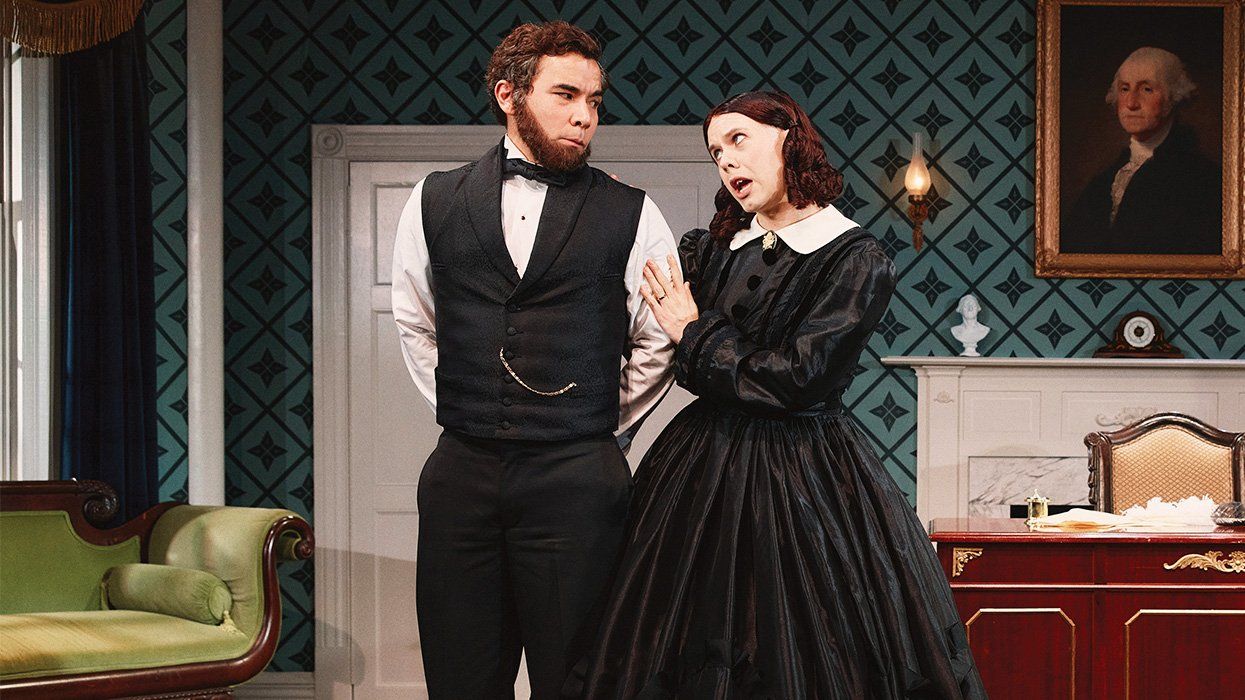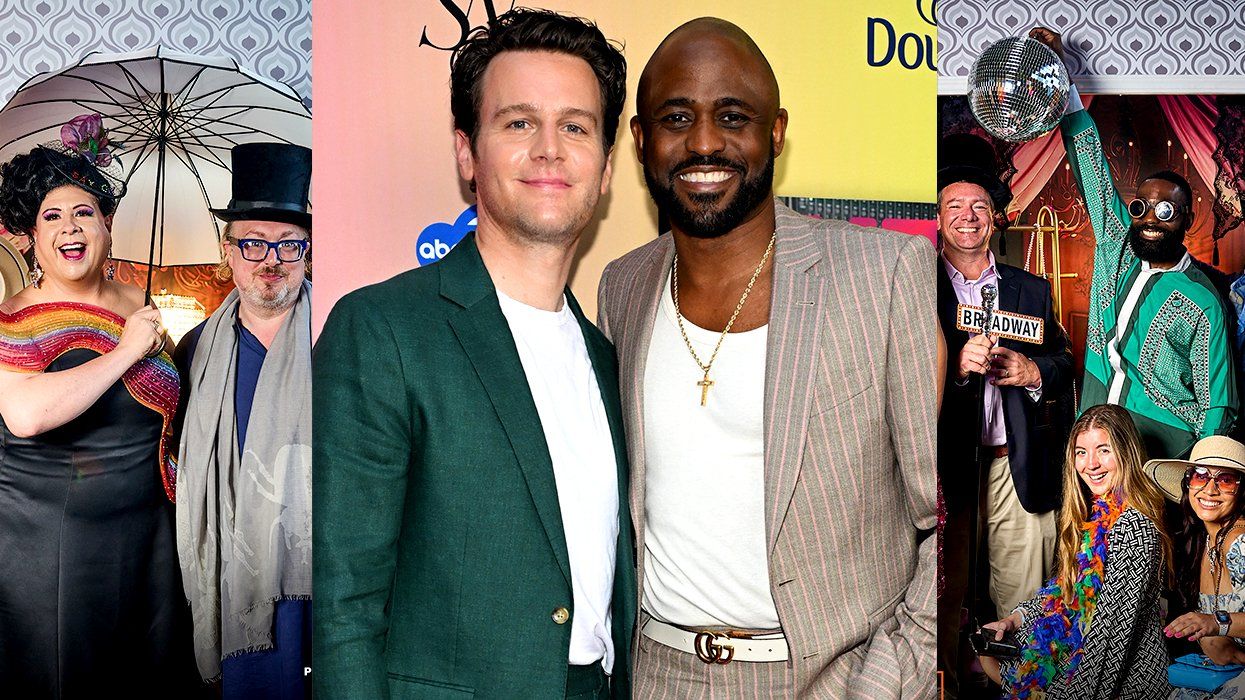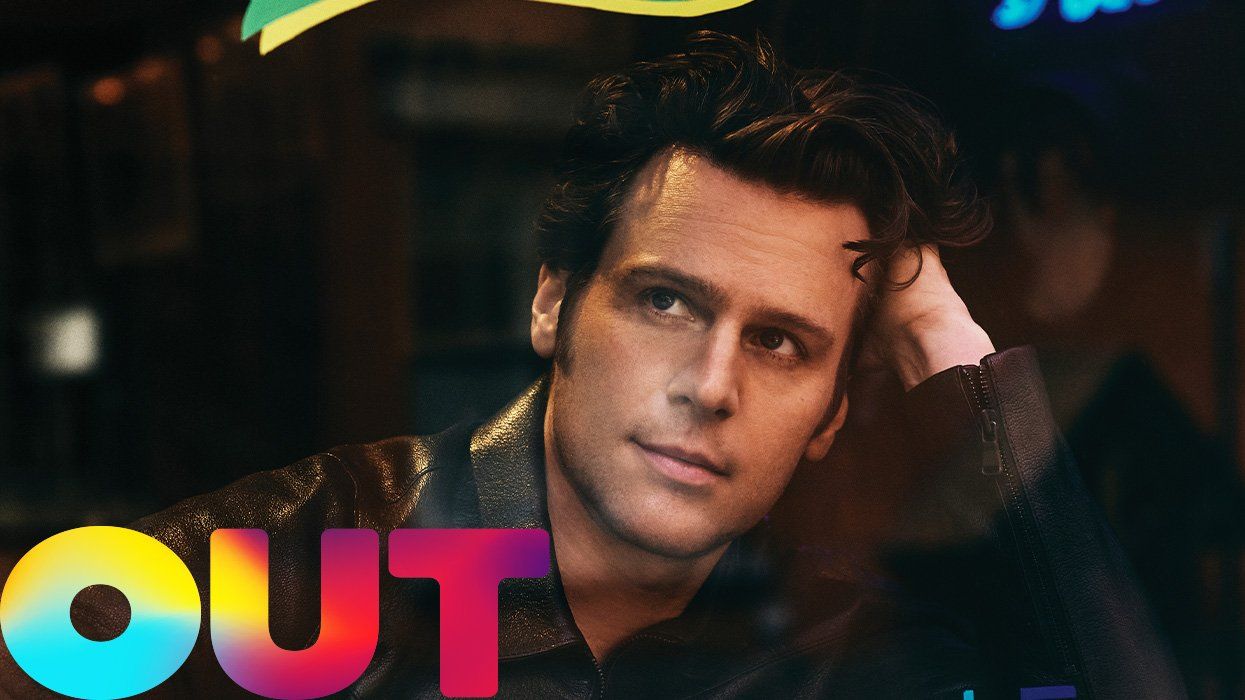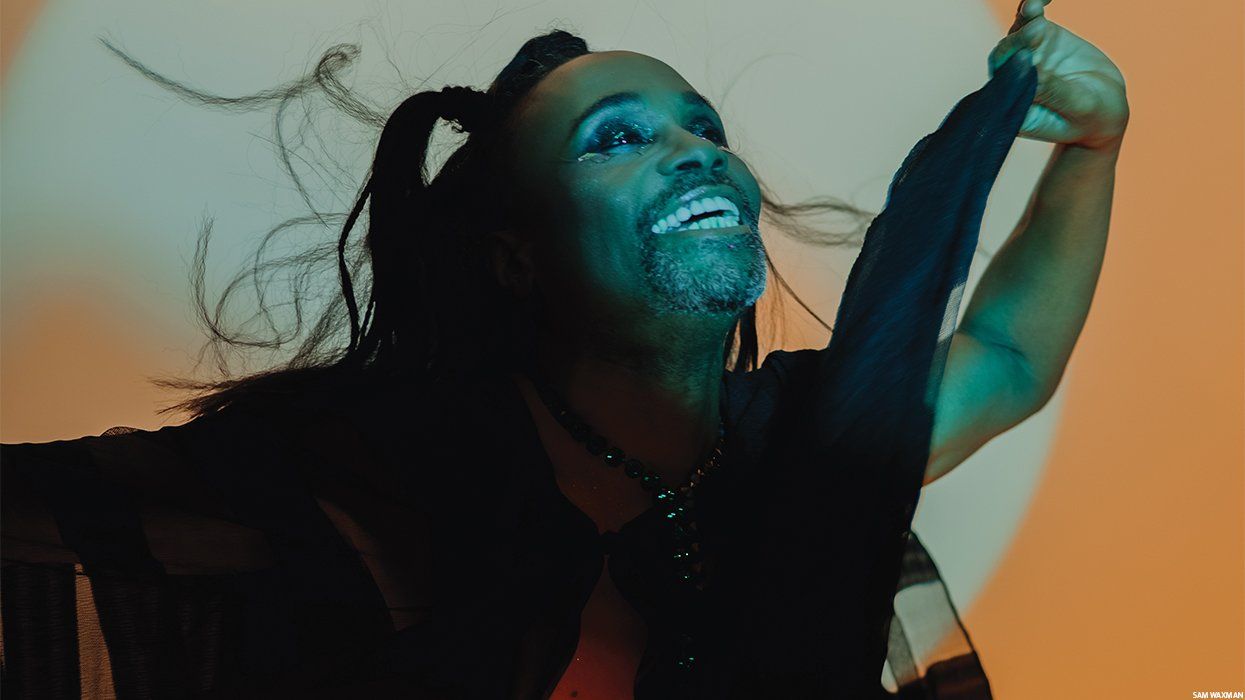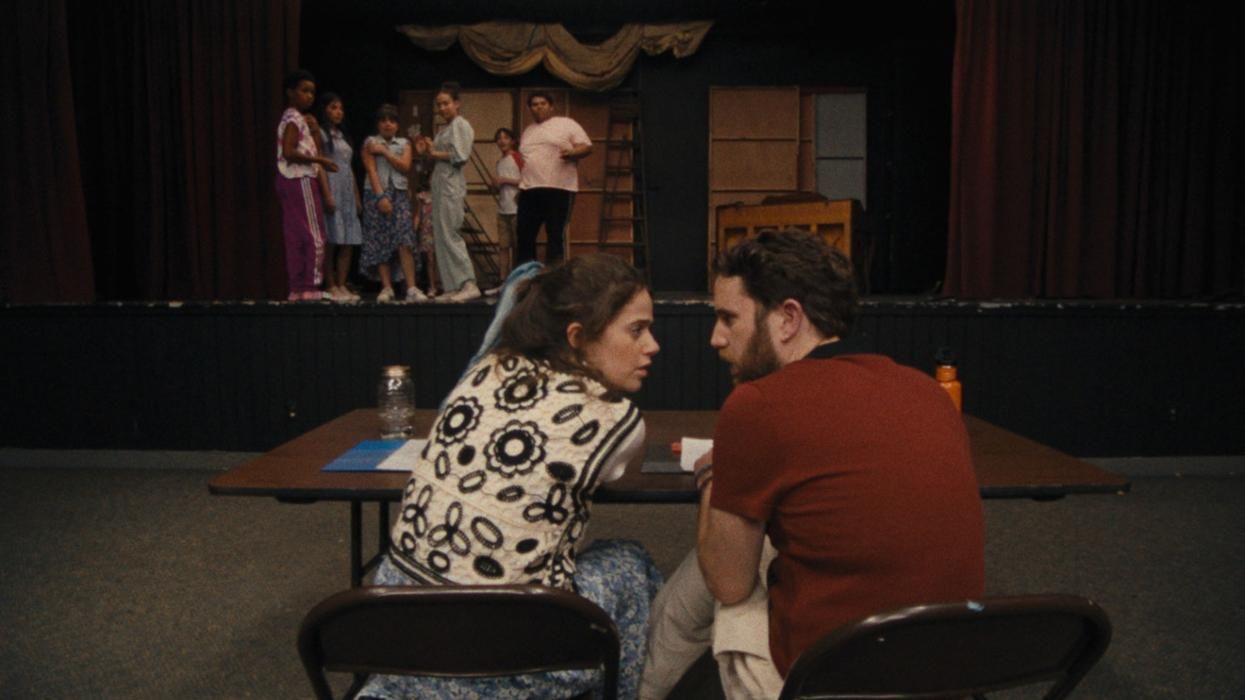Pictured (From Left): Krystel Lucas, Michael Schantz, Eric T. Miller, and Heather Hollingsworth
As progress has been made for LGBT equality in the United States, it seems that the debate over which powers belong to the individual states and which belong to the federal government is only ramping back up. If one was to take the media at face value, it would seem that one of the major ideals driving a wedge into our societal viewpoints are whether discrimination is protected by the Constitution's guarantee of religious freedom. Similarly, it has become abundantly clear that our nation's historical racism is not behind us. Our own political and societal turmoil makes dramas about the Civil War, such as Victor Lesniewski's new play Couriers and Contrabands, surprisingly fun and ripe for investigation.
In celebration of the 150th anniversary of the end of the Civil War, the Timeline Projects is presenting the world premiere of Couriers and Contrabands, a dramatic thriller, capably directed by Kareem Fahmy, in New York City. Set in Petersburg, Virginia, in 1864, the action of the play centers on Confederate operatives struggling to maintain a courier line that gives them access to information about the Union army. Unknown to them, a contraband--or an escaped slave affiliated with Union forces--is pretending to be a slave and supplying the Union army with information. As loyalties are questioned, espionage and subterfuge abound in the tautly constructed drama, which features some of the most entertaining, albeit not queer, coming out moments recently seen on stage.
Most interestingly, Couriers and Contrabands introduces audiences to "the people who are undersung as heroes," says Fahmy, the openly gay Egyptian-Canadian director of the production. In addition to informing the audience about contrabands and examining the importance of women during the war, the play shows that Confederate operatives are, according to Fahmy, "people with homes, feelings, and emotional lives. We are forcing our audience to empathize with people who are now being sort of vilified."
I was schooled in Texas, a former slave state, so the curriculum of my U.S. history classes were empathetic to the Confederates. Slavery was not looked upon with favor, but the long lasting economic hardships of the tariffs of 1828 and 1832 coupled with the abolition of slavery were taught as a cause of the war. States' rights being trumped by a more centrally controlled Federal government was also taught a primary cause of the war. And, through these issues, fears about forced modernity and concerns about the loss of religious freedoms were also taught as a cause of the war because some argued that slavery was biblically justified. So, while most modern audiences may find it hard to agree with the Confederate political view, it is as refreshing as it may be challenging to have a Civil War play that asks the audience to have empathy for Confederate characters.
Yet, political mindsets are simply performative. Ask any psychologist, actor, or dramatist, and you will be reminded that all of life is a performance and that each of us is constantly performing a role. Some performances are genuine and unadorned, others are cloaked behind veils of secrecy or adopted ideations of what society says we must be.
Helen Cespedes and Jeremy Beck
Fahmy says they are driving this idea home in Couriers and Contrabands. "All seven of the characters at one point sort of assume another identity, and there's this idea of you're doing it for your own reasons, some people are doing it for good, some people are doing it for bad, but ultimately, there's always kind of this meta level of 'we're performing,' " he explains. "We started playing with the idea: What's the performance of gender? What's the performance of race? The slave character is playing a slave when he is much more, but people don't think of him as this highly enlightened and intelligent person, so you're playing with the idea of class and intelligence. So there's all of these, I think, still very relevant issues about how we perform in society. It was interesting to explore that and also give the actors a lot of leeway to figure out their characters and how they differentiate." And, this is what ultimately makes the show as fun for the cast as it is for the audience.
Couriers and Contrabands plays a four-week limited engagement through Sept. 26 at the TBG Theatre (312 W. 36th Street, 3rd Floor, New York, NY). Find tickets at SmartTix.com



